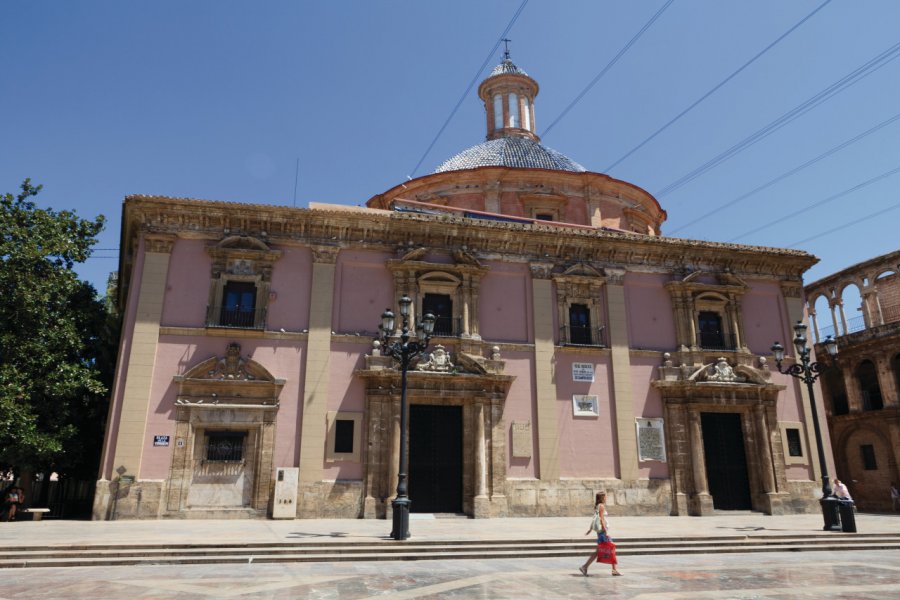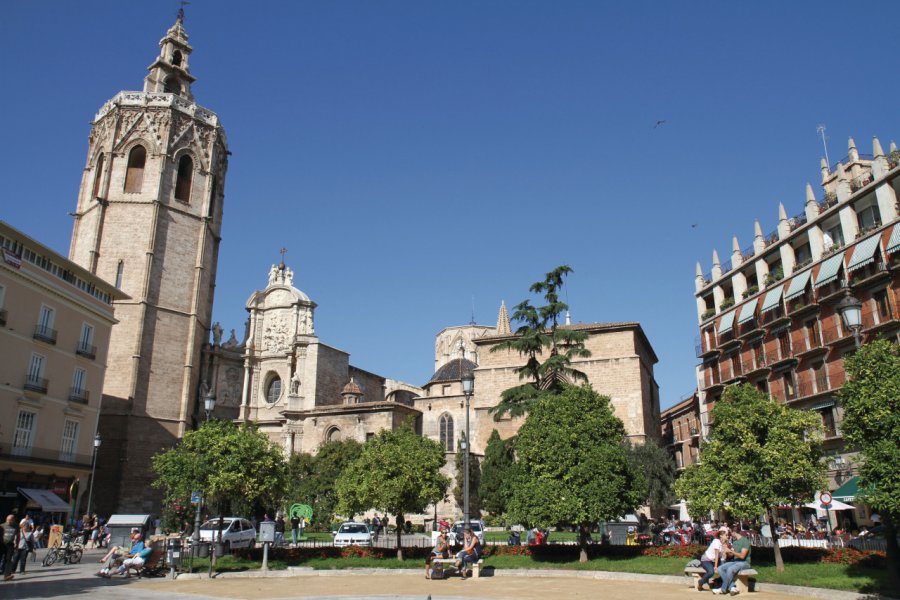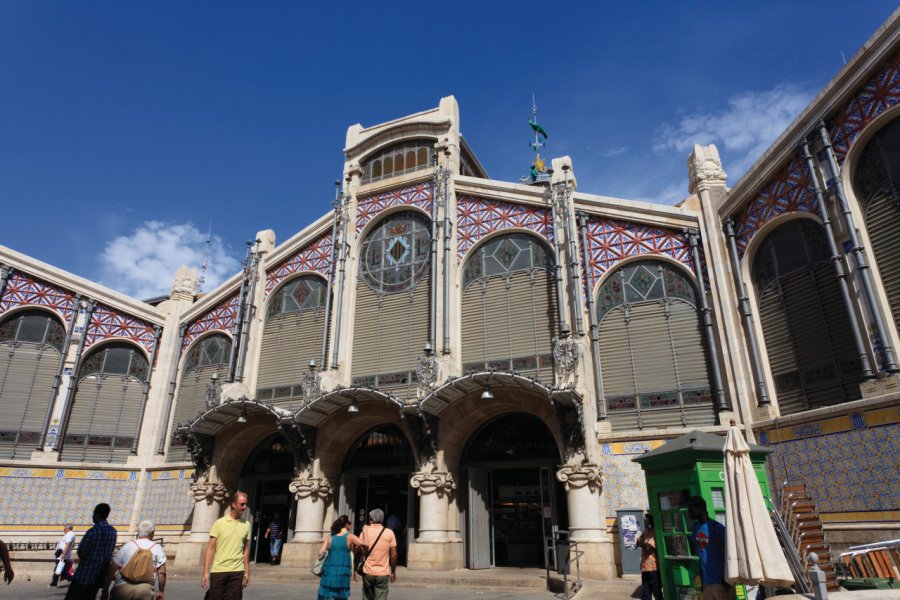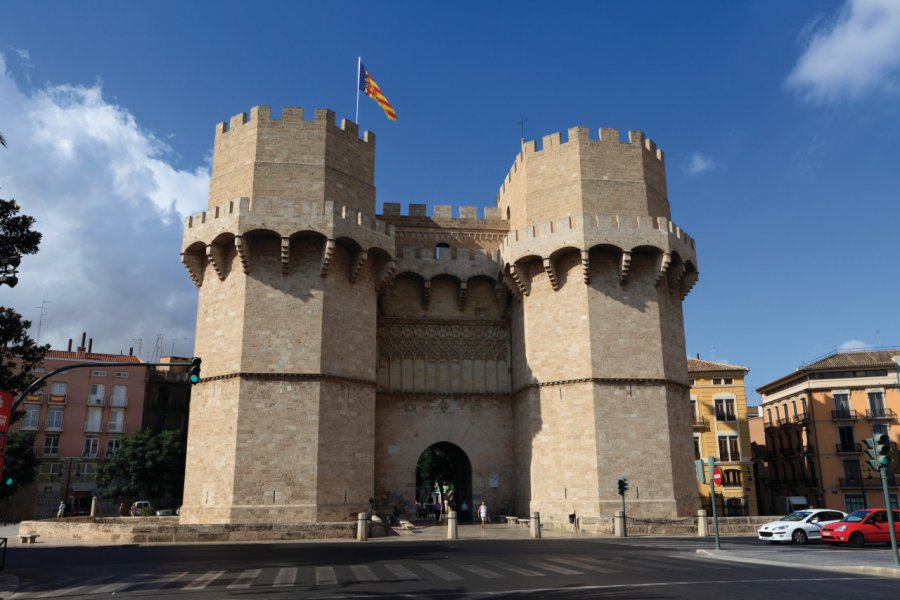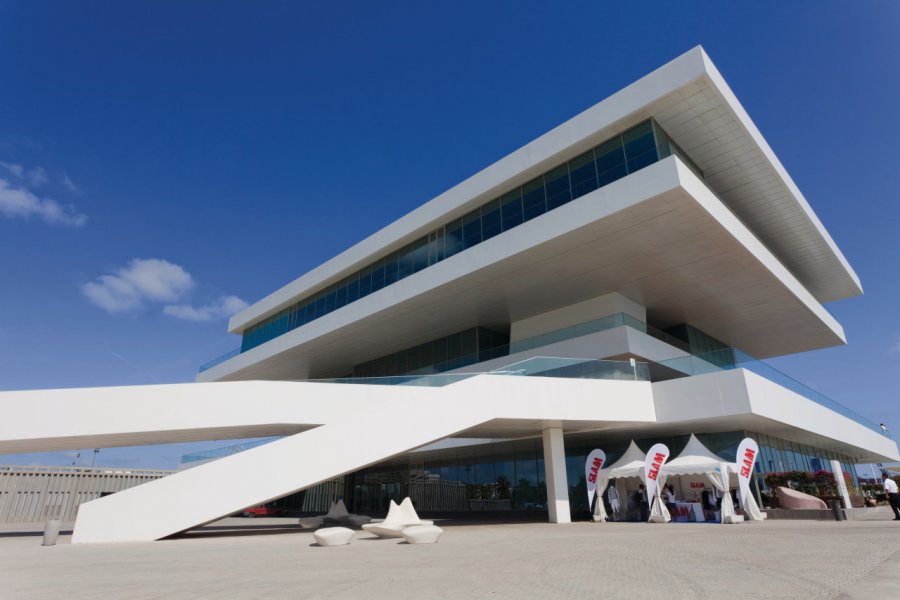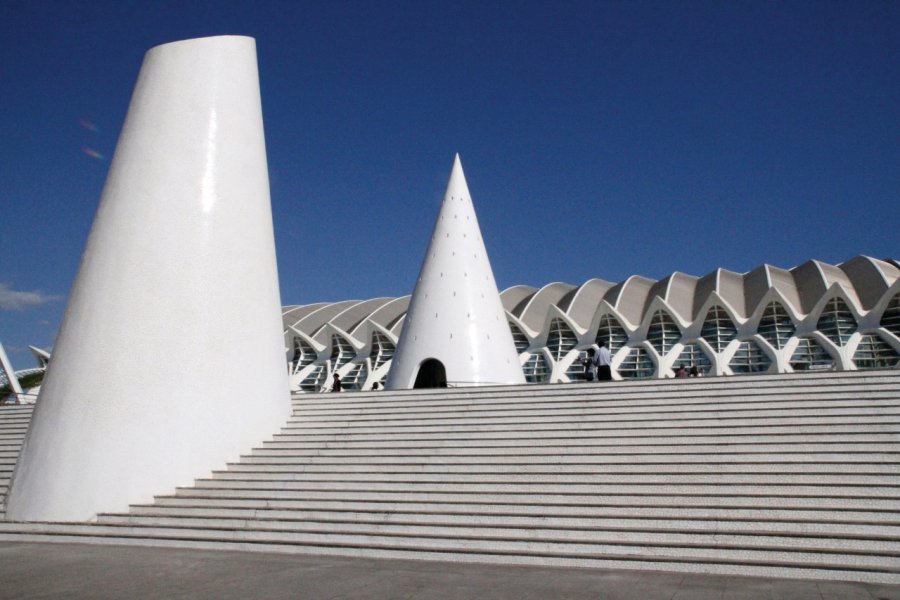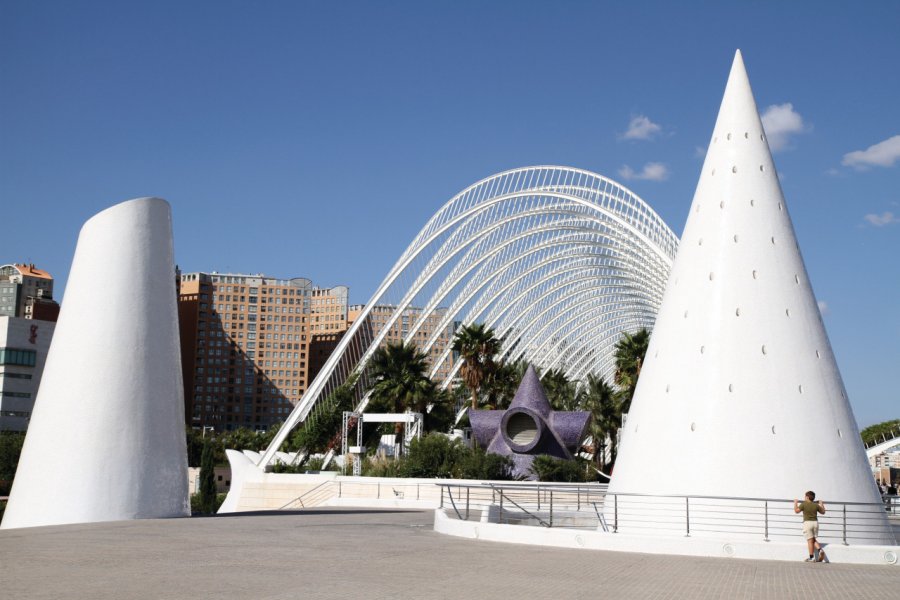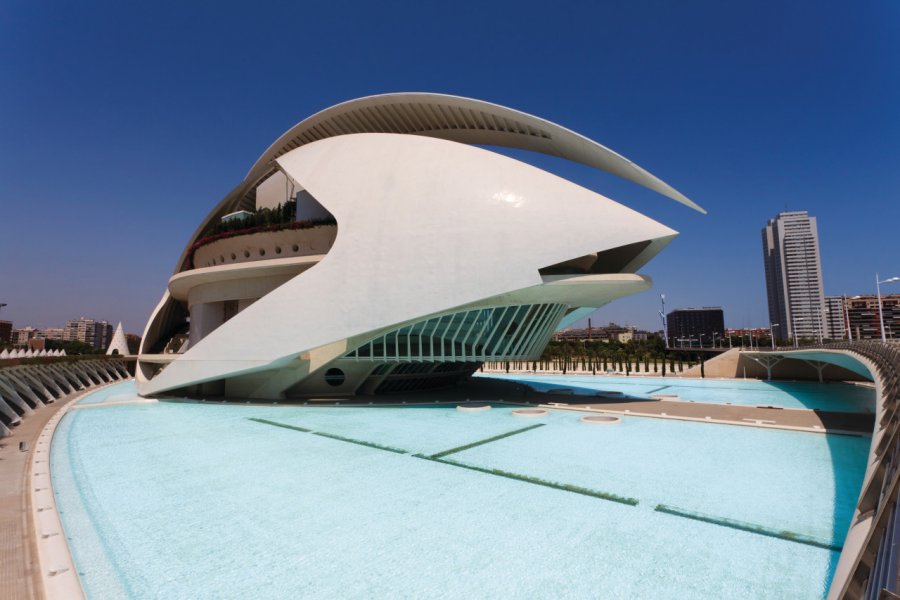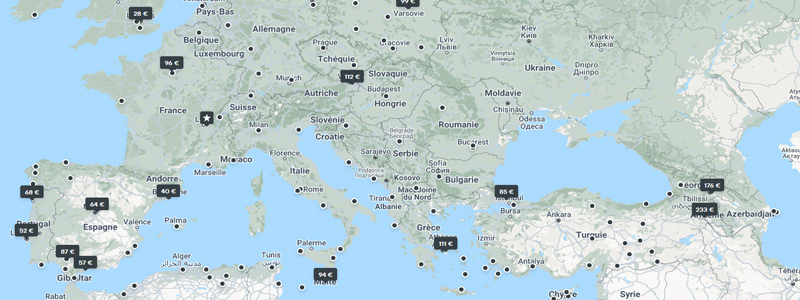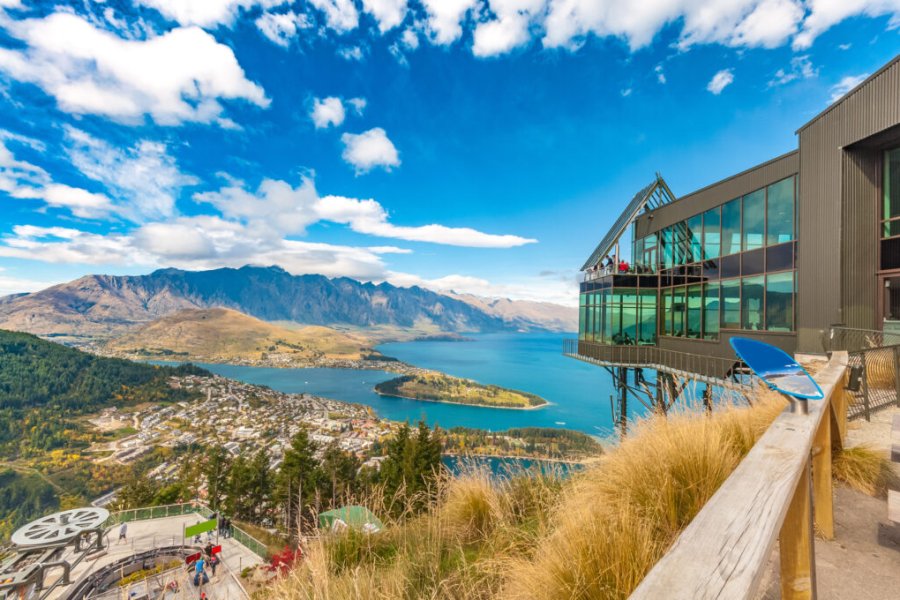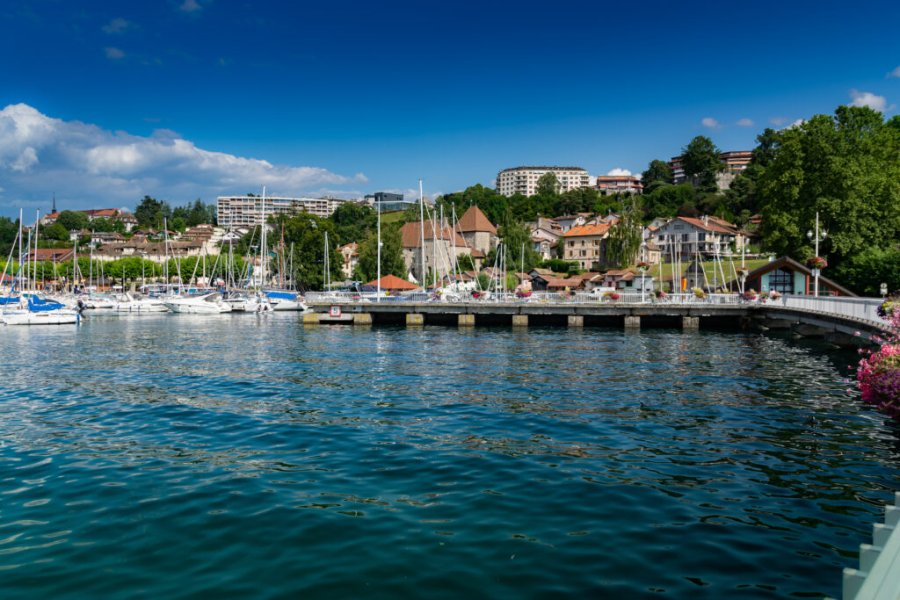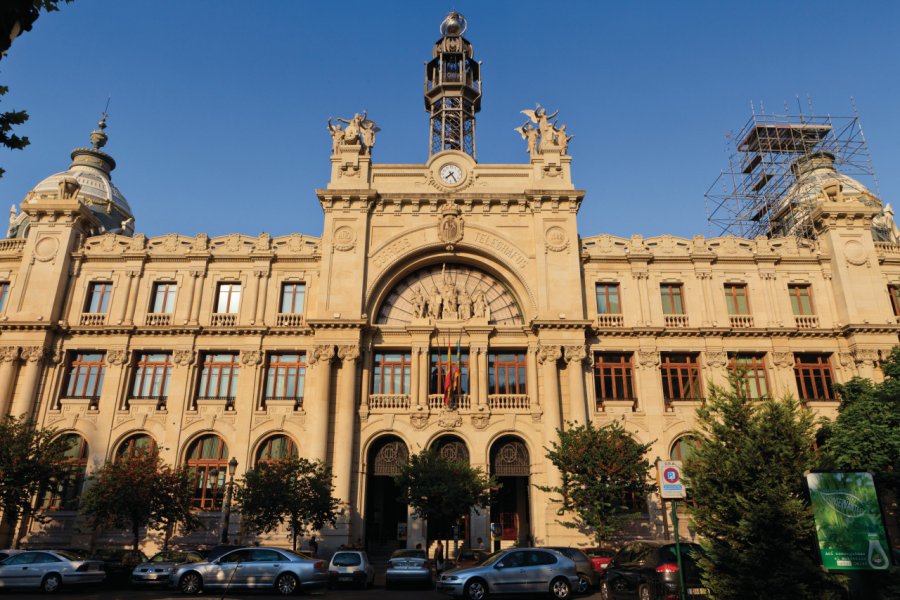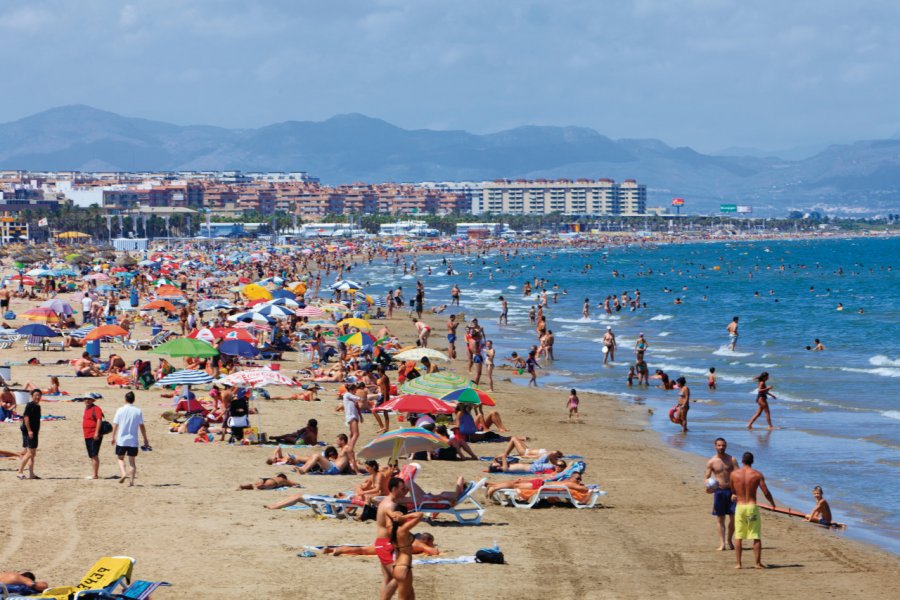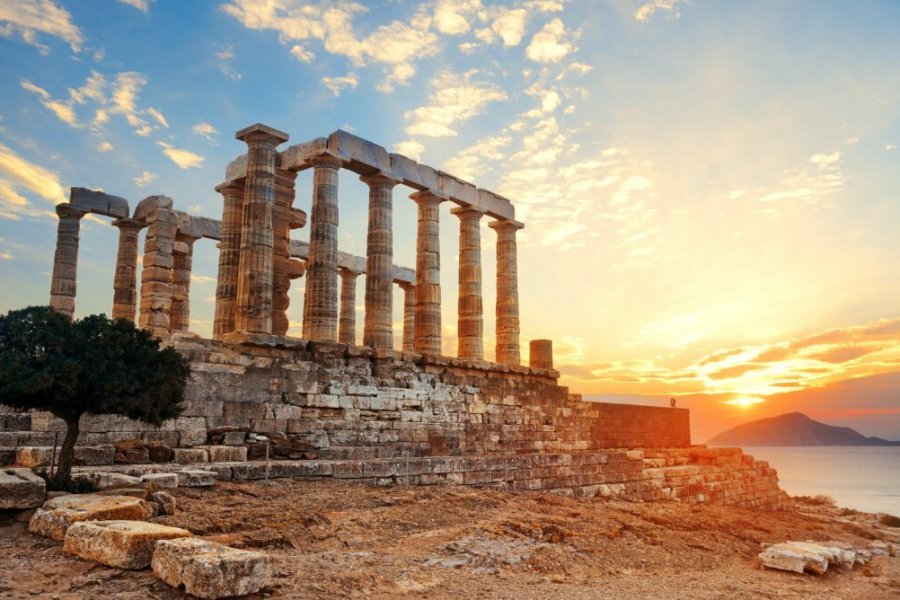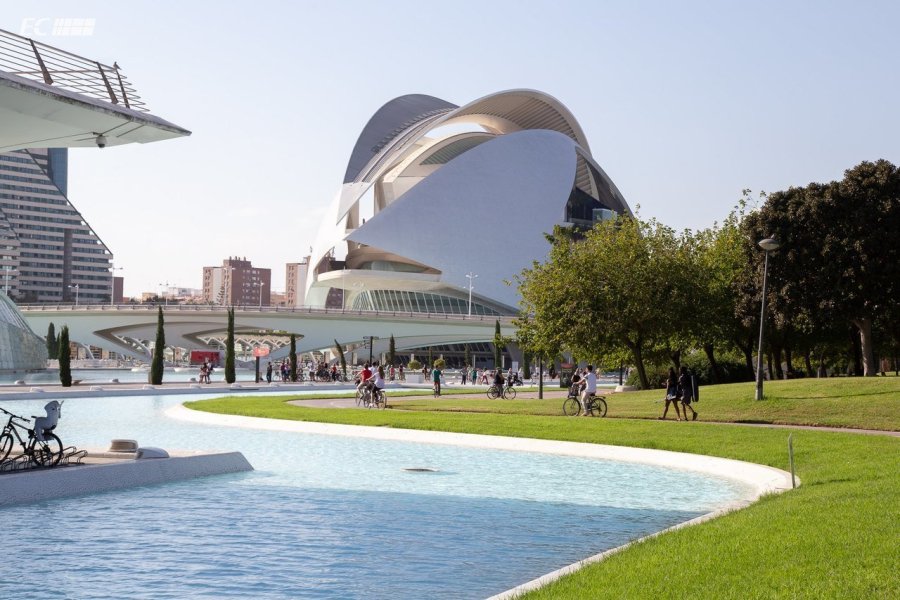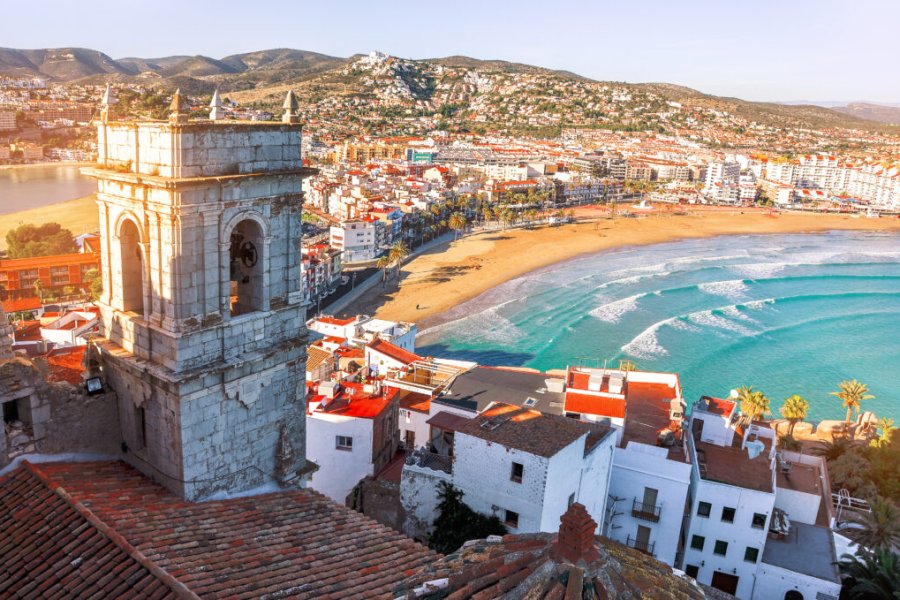Travel Guide Valencia
Located in the east ofSpain, on the Mediterranean coast, Valencia has decided to regain some of its former influence through an ambitious urban policy, including the development of a 10 km long green corridor on the old Túria riverbed, as well as the construction of the City of Arts and Sciences, designed by Calatrava and housing an ultramodern planetarium and aquarium, today the city's emblem. Although resolutely turned towards the future, the third largest city in Spain (after Madrid and Barcelona) does not neglect its illustrious past. The tourist guide of Valencia will guide you to the Lonja da Seda, a trading post where centuries ago the price of silk was negotiated (classified by Unesco), but also to the Water Court, whose members met every Thursday for more than a thousand years, in front of the imposing cathedral. How can we talk about Valencia without mentioning the festivities, which are almost a way of life here. In this respect, the fallas are a festive pilgrimage: this gigantic popular celebration attracts a crazy crowd every year in the alleys and entered the list of the intangible heritage of humanity of UNESCO in 2016. The vibrant barrio del Carmen will appeal to night owls, while the Russafa barrio will attract lovers of urban and emerging culture. Ancient, gourmet, cosmopolitan, beach-lined, festive and modern, Valencia has some solid assets in its pocket for a romantic getaway, a family trip or simply a cheap weekend to get away and stroll.
What to visit Valencia?
Suggested addresses Valencia
When to go to Valencia?
When to go to Valencia? To know when to go to Valencia, you should take into account that prices usually vary according to the tourist season (low, medium, high). More and more hotels are also differentiating between weekday (Sunday to Thursday) and weekend (Friday and Saturday) rates. Some hotel chains change their rates on a daily basis, depending on occupancy.
High season is defined as Holy Week, the months of July and August and public holidays. In addition, during important sporting or cultural events, which are the symbols of a region or city (such as the Fallas in Valencia), the prices applied are those of the high season due to the large number of people they attract. The hotels are often fully booked several months or even a year in advance. So don't expect to find accommodation when you arrive unexpectedly during one of these events (or with a lot of luck and at a prohibitive price!).
The low season corresponds to the slow months, generally from the end of October to the end of February (or mid-March), with the exception of Christmas and New Year's Day. If it is rare on the coast, it happens that some hotels or tourist infrastructures close their doors between November and February. So, check before you leave.
Finally, the mid-season (optional for many hotels that divide the year only between high and low season: in this case, the mid-season months are considered "low season") occupies the remaining months, during which tourist activity is more moderate despite the mild climate: March, April (except for Holy Week, of course), May, June and September. These months are certainly the best time to go to Valencia: good weather and reasonable prices.
Weather at the moment
The coastal climate is obviously Mediterranean, ensuring that Valencia has the right weather: hot and dry summers and very mild winters. Overall, the best periods to visit the Valencian coast are spring and autumn because the temperatures remain very pleasant and the few tourists are appreciable, unlike in summer, when they are crowded with visitors. Average temperatures in Valencia in the mid-season: 25 °C.
From a global point of view, in Spain (and in Valencia) life is less expensive than in France: restaurants, accommodation, shows, consumer goods and all purchases in supermarkets are significantly cheaper. Nevertheless, since the changeover to the euro, prices have increased and in large cities like Valencia, the increase has been even more noticeable than in France. Also, prices vary according to the tourist season. Tipping is not mandatory.
To travel to Valencia, members of the European Union and citizens of Switzerland, Liechtenstein and Monaco do not only need a valid identity card or passport. Nor is a visa required for Canadians if their stay is less than three months in Valencia and Spain in general. Don't forget your driver's license for car and motorcycle rentals.
Advice to travellers: before leaving, remember to photocopy the documents you are taking with you. You will take one copy of each photocopy with you and leave the other to someone in France. In the event of loss or theft, renewal procedures will therefore be much easier with the consular authorities.
There is no risk in traveling to Valencia and Spain if you know how to protect yourself from the sun! However, remember to check that your vaccinations are up to date. To find out about the health situation in the country and to receive advice, do not hesitate to consult your doctor. You can also contact the Society of Travel Medicine at the Pasteur Institute Medical Center at ✆ 01 40 61 38 62 (www.pasteur.fr; section "International Vaccinations, Travel Medicine") or visit the Cimed website (www.cimed.org), the Ministry of Foreign Affairs' "Advice to Travelers" section (www.diplomatie.gouv.fr/voyageurs), or the National Institute of Health Watch (www.invs.sante.fr). For drinking water, prefer bottled water to tap water.
Practical information
- When to travel?
- Weather forecast
- Budget
- Formalities
- Health
- How to travel by yourself?
- How to get organized?
- Getting around
Media
How to go to Valencia? Our advice & tips
It is possible to use the services of a travel agency to create a customized trip to the beautiful region of Valencia. This corner of the Spanish coastline is well known to specialists and Valencia's ties with France are strong and long-standing. Let yourself be tempted by a short all-inclusive stay, a family vacation, a honeymoon or a thematic tour, you will surely find something to suit you in the tourist catalogs.
Discover our selection of travel agencies for this destinationAverage price of flights to Valencia from France: between 85 and 200 € depending on the season (50 € during the week and off season). Please note that the price variation of a round trip flight depends on the airline used but, above all, on the reservation delay. To obtain unbeatable prices, it is essential to book well in advance. From France, you can also reach Valencia by bus, train or even with your own vehicle.
Valencia is a city that can be easily discovered on foot or by bicycle. However, you can use public transport to cover larger distances, either via the six metro lines and three tramway lines of the city or via its dense bus network. Cabs are numerous in Valencia.



